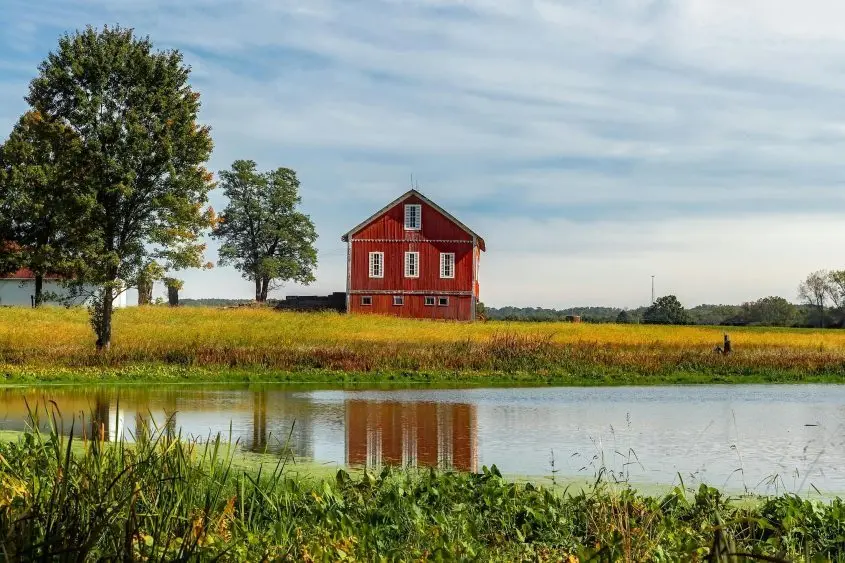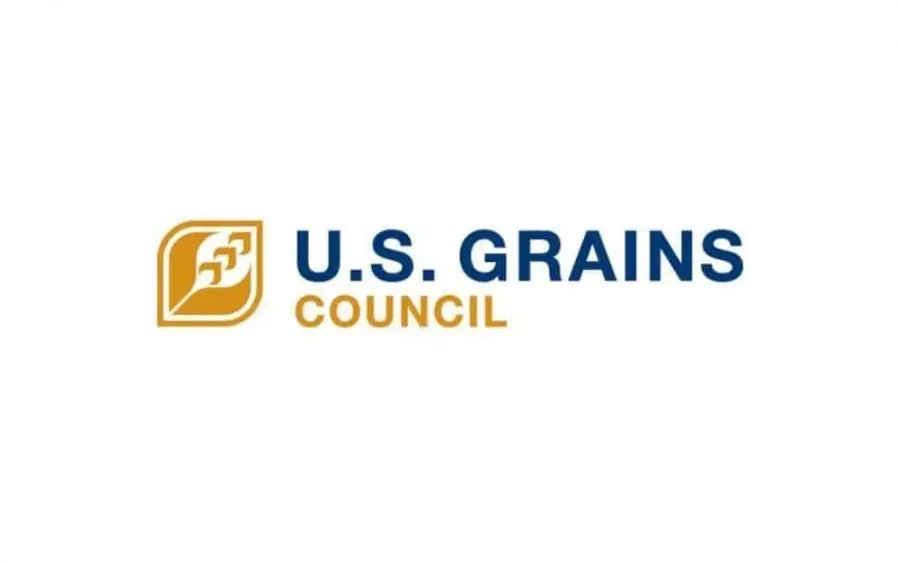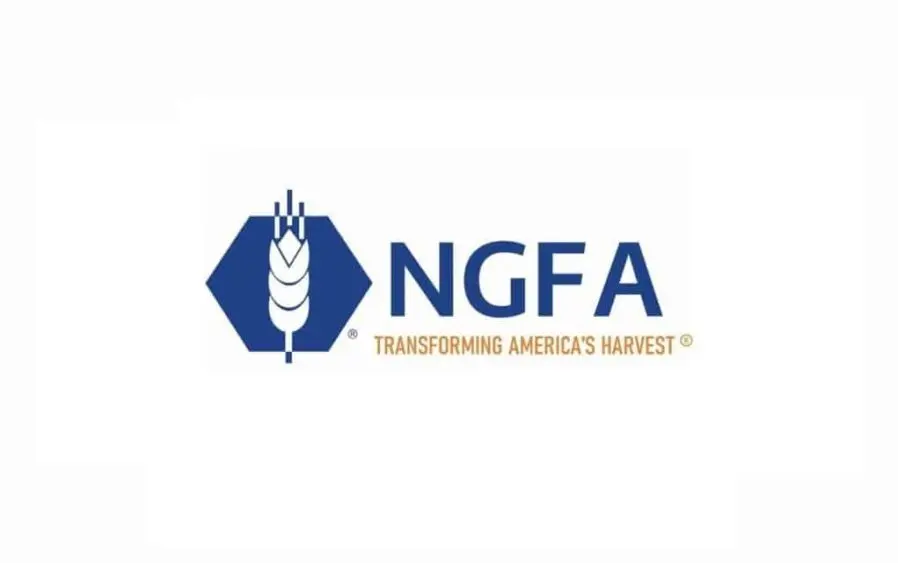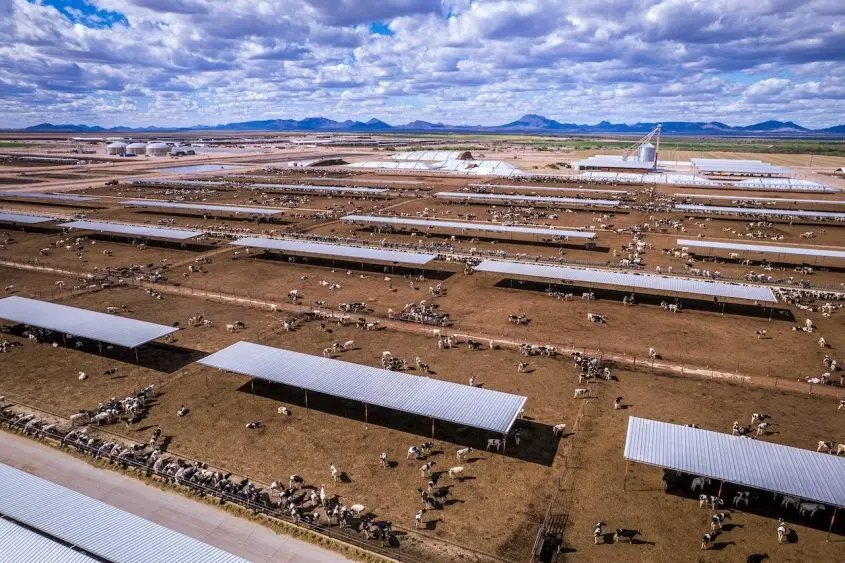
Washington – Last week, U.S. Senator Roger Marshall, M.D. (R-Kansas), joined Joni Ernst (R-Iowa) in introducing the Clarifying Legal Exclusions Around Regulated (CLEAR) Waters Act, which excludes groundwater, farm ponds, irrigation ditches, and puddles from federal regulation under the Clean Water Act. Specifically, it will provide much-needed clarity for farmers, ranchers, and landowners and prevent overregulation of water features on their property.
“I’m proud to join my colleagues in introducing the CLEAR Waters Act, and I thank Senator Ernst for her leadership on this important legislation,” said Senator Marshall. “By codifying EPA’s longstanding waste treatment system exemption and ensuring groundwater and ephemeral features are not navigable waters under WOTUS, we are streamlining compliance standards and reducing regulatory burdens – while maintaining strong environmental protections.”
“If you try and navigate a wastewater treatment pool, you will be up a creek without a paddle,” said Senator Ernst. “WOTUS regulatory uncertainty has threatened the livelihoods of hardworking Iowa farmers, small businesses, and landowners for far too long, and I was thrilled to join EPA Administrator Zeldin in announcing that the Trump administration is revising this misguided and harmful regulatory expansion. After leading this fight for a decade, I am making it CLEAR that the federal government has no business regulating cooling ponds, municipal treatment plants, groundwater, and streams that only flow after rainfall under WOTUS.”
This legislation will codify and expand upon the Supreme Court’s 2023 Sackett v. EPA decision, which limited the scope of federally regulated “waters of the United States” (WOTUS).
Click here to read the full bill text.
Background:
- Senator Marshall has long fought to both preserve the land rights of farmers and ranchers while also pushing for better environmental stewardship and conservation of resources, including:
- The EQIP Water Conservation Act, allows local water agencies to access larger U.S. Department of Agriculture grants for water efficiency and conservation projects that benefit multiple farmers.
- The Streamlining Conservation Practice Standards Act, would remove bureaucratic barriers and better support farmers in implementing conservation practices that improve soil health and water quality.
- The Conservation Reserve Enhancement Program (CREP) Improvement Act, provides family farmers and ranchers the flexibility they need to conserve water on working lands, while fairly compensating them for retiring their water rights or limiting their water use.



